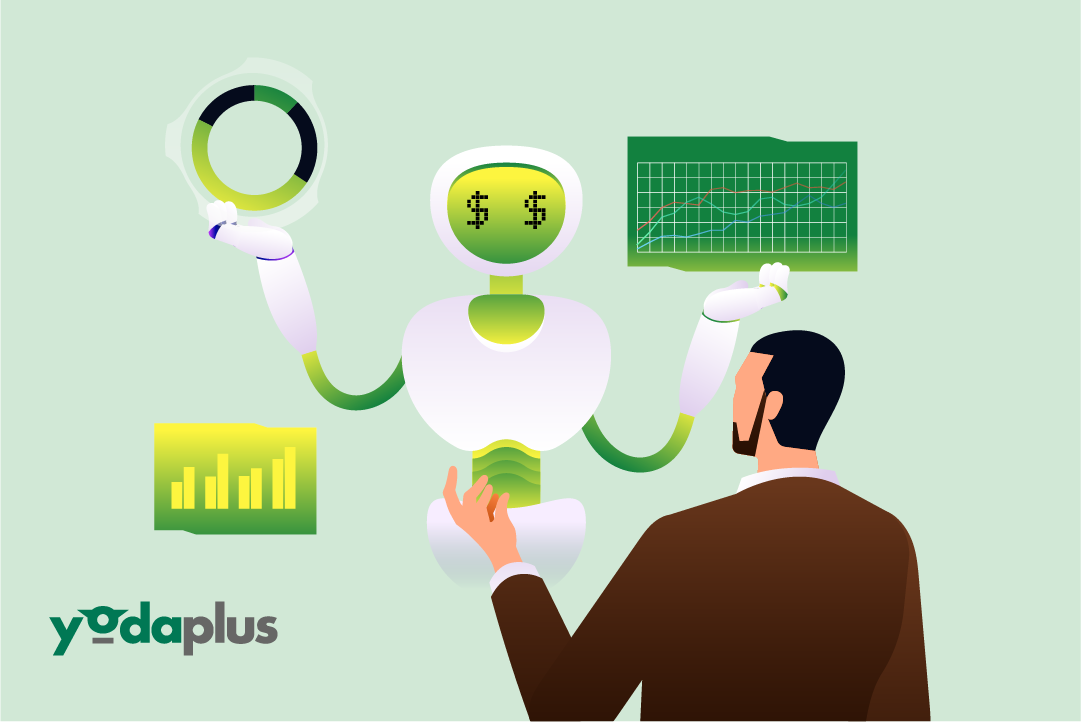
Agentic AI in Procurement: What’s Driving the Shift in Logistics?
April 21, 2025 By Yodaplus
As global logistics becomes more interconnected, the role of procurement is expanding from transactional buying to strategic supply orchestration. But with that evolution comes increased complexity—dynamic supply chains, multi-modal transportation, real-time data flows, and rising customer expectations. To keep up, companies are turning to Agentic AI—a new generation of AI systems designed to autonomously manage and optimize processes.
Unlike traditional AI systems that rely on human-prompted tasks, Agentic AI uses intelligent agents that understand context, make decisions, and coordinate across systems with minimal human input. In logistics procurement, that means AI agents can evaluate suppliers, negotiate terms, execute purchase orders, and mitigate risks—faster and more accurately than before.
So, what’s really driving this shift?
1. Logistics Complexity Is Outpacing Manual Systems
Global logistics today involves thousands of suppliers, carriers, and regulatory checkpoints across borders. Traditional procurement teams struggle to manage fluctuating fuel prices, port delays, inventory thresholds, and customs requirements—especially when decisions need to be made in real-time.
Agentic AI provides intelligent automation by embedding Artificial Intelligence solutions within the procurement lifecycle—agents that can reason over data streams, simulate outcomes, and take actions like rerouting orders or reallocating vendor loads, often before a disruption even occurs.
2. Demand for Real-Time Supplier Intelligence
Procurement in logistics isn’t just about sourcing—it’s about sourcing smart. This means evaluating not just costs, but also performance metrics, delivery reliability, ESG compliance, and geo-political risk.
AI agents use data mining and predictive analytics to build dynamic supplier profiles. These agents constantly ingest signals from shipping data, invoice processing, vendor reviews, and trade policies to recommend optimal partners and flag underperforming ones.
This goes beyond dashboards—it’s decision-making that learns and adapts.
3. The Rise of API-Driven, Modular Supply Chains
Modern supply chains are no longer linear—they’re distributed, cloud-based, and powered by APIs. From warehouse management systems (WMS) to transportation management systems (TMS), interoperability is critical.
Agentic AI models are built to thrive in these environments. They connect with ERP systems, shipping APIs, customs platforms, and carrier databases to complete multi-step procurement tasks—like evaluating quotes, booking slots, confirming compliance, and pushing updates across platforms.
It’s workflow orchestration across digital touchpoints, driven by AI.
4. Cost Pressures and the Need for Dynamic Negotiation
Static contracts and locked-in pricing no longer cut it. Logistics companies need to dynamically respond to changes in freight costs, demand surges, and carrier availability.
Agentic AI enables autonomous procurement agents to:
- Re-price purchase orders based on fuel trends
- Initiate renegotiations using benchmarked market rates
- Suggest alternate sourcing regions in case of regional disruptions
All while maintaining audit trails and compliance logs for transparency.
5. Procurement Must Now Drive Sustainability Goals
Sustainability is no longer a separate function. In logistics, procurement now plays a key role in sourcing low-emission carriers, evaluating packaging vendors, and tracking Scope 3 emissions.
Agentic AI can automate these considerations—integrating ESG data, carbon benchmarks, and material certifications into supplier evaluations. It doesn’t just check boxes—it recommends the most sustainable procurement route based on business goals.
6. Shift Toward Predictive and Autonomous Logistics
Modern procurement isn’t reactive—it’s predictive. With Machine Learning and Natural Language Processing, agents can detect contract deviations, predict invoice disputes, and flag duplicate vendors before they impact operations.
The combination of Artificial Intelligence solutions and agent-based architectures means logistics procurement can now:
- Autonomously reallocate orders when disruption is detected
- Automate bulk vendor onboarding via AI-powered bots
- Alert human procurement teams only when exceptions occur
It’s human-above-the-loop, not human-in-the-loop.
Final Thoughts: Autonomous Procurement Is Becoming a Competitive Advantage
Logistics leaders are no longer asking “if” they need AI—they’re asking how fast they can deploy it.
At Yodaplus, our Supply Chain and AI solutions are designed to help businesses shift from rule-based procurement to autonomous decision-making. Whether it’s through predictive sourcing, smart contract evaluation, or dynamic freight optimization, we help you move from manual orchestration to intelligent automation—faster.
Our AI-powered platform, GenRPT, helps organizations tap into real-time data, extract insights from documents, and guide procurement teams with actionable intelligence.
Ready to explore Agentic AI in logistics procurement? Let’s build smarter supply chains—together.